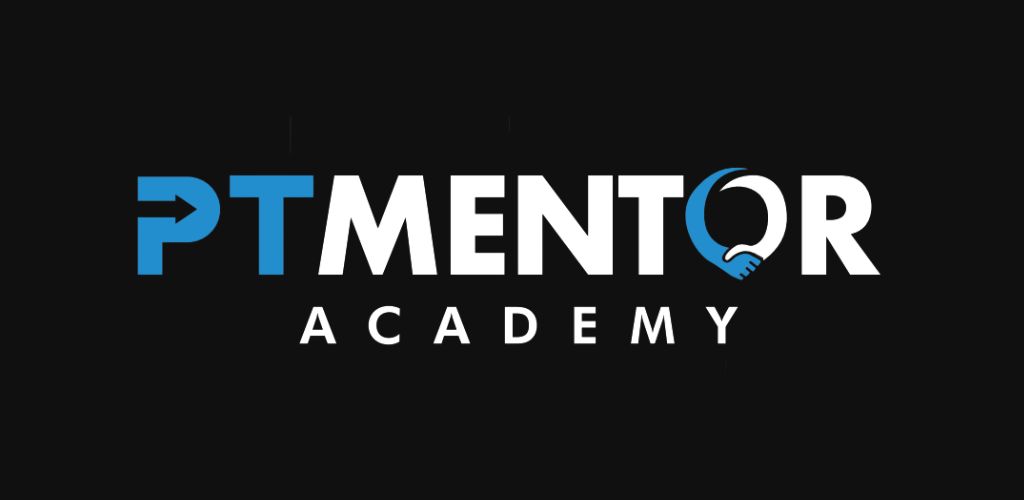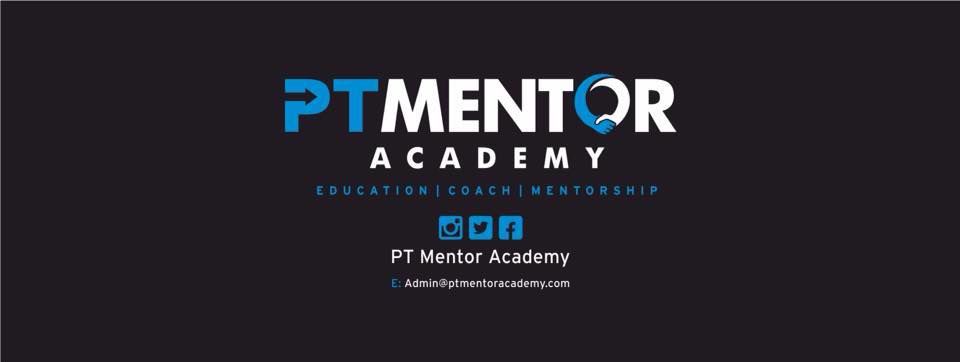its a wide subject and one that has many many avenues to explore and to understand ...
and then to apply!
And what I am about to go through was a game changer for me as a coach, both in coaching clients from a performance and composition angle, running teams of personal trainers and also in our mentorship and 1-1 business coaching ...
and embracing and understanding these few pints will open up completely different way of thinking when working with people.
So here is the issue that lead me to doing more research and actually going back on things I had been taught at Uni but simply ignored at the time.
It was having client that paid me good money ... but then just didn't seem
"motivated" or "acted like they wanted their goal enough"
and as I was starting out as a coach ... I just couldn't relate.
Simply because the gym was my life
I didn't find it difficult to train everyday
or to eat decent ...
I found it so simple ... I really found it hard to connect to clients that simply "weren't doing what they were told".
I dealt with this by ...
telling more, dictating more, trying to problem solve quicker, give tons of suggestions, give tons of information, I was messaging them everyday, I was spending hours feeding back to checking etc ...
but nothing seemed to "stick"
It was until I came across the phrase behaviour change, I started to dive into some theories and tried to understand actually what needed to happen for people to be "motivated".
And the first and probably most impactful theory I came across was ...
SELF DETERMINATION THEORY
There's over 30 years worth of research which point heavily in the direction of how SDT can positively affect the "motivation" of people across varying environments.
Research found here
In summary Self determination theory tells us that 3 psychological needs to have to met for motivation to truly be present.
1. A feeling of competence
"I believe I can successful inn the things I'm about to do"
2. Autonomy
"have a choice and say over the behaviours and actions I take"
3. Relatedness
"I feel comfortable and confident free of judgement in the environment I'm in"
Todays email is going to focus on one to begin with ...
COMPETENCE
Although the others are just as important ... this one I find is a quicker and simpler fix than the others.
So the first thing to recognise here is our level of understanding and ability and how it most likely VASTLY wider and more mature than the people we work with.
Therefore, assuming people know ... is the mother of all potential fuck ups.
And going to step 1 before we try and get our clients to step 10 ... is an obvious but overlooked mistake by many,.
Lets just take a classic thing I always find is coaches giving clients food diaries to complete for 7 days straight away ... and then are surprised why accuracy and adherence get very questionable.
Right now unless you're in prep ... ask yourself when was the last time you recorded everything you ate for 7 days.
there's not going be a lot of you reading this that say "ME".
So how can we expect that of our clients, when they probably have either never done it before, or done it and "failed".
What would be the reverse of this ... and create a feeling of competence but achieving way more "motivated client's" to do the food diary?
Have a conversation with the client and assess their competency of doing the food diary.
"have you don ti before?"
"what did you use to record it?"
"how effective did you find it?"
"why did you feel it didn't work for you?"
have this conversation ...
I can guarantee people "first steps" is probably way les than you think.
It could be that we walk them through how to use MYP.
Get them to just record 1 mela to start with.
put reminders in their phone to give them a nudge on a busy work day
re-fill what they re going to eat for lunch
as soon as someone feels like they are being successful in doing something ...
that need is met ...
and I can guarantee they will continue and even want to do more.




